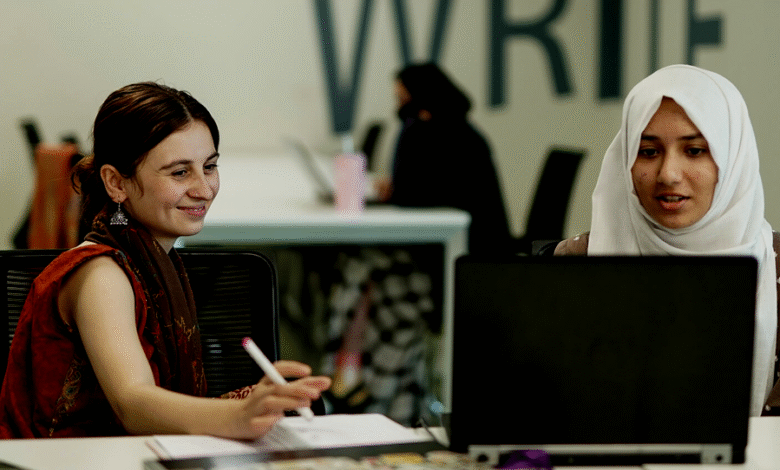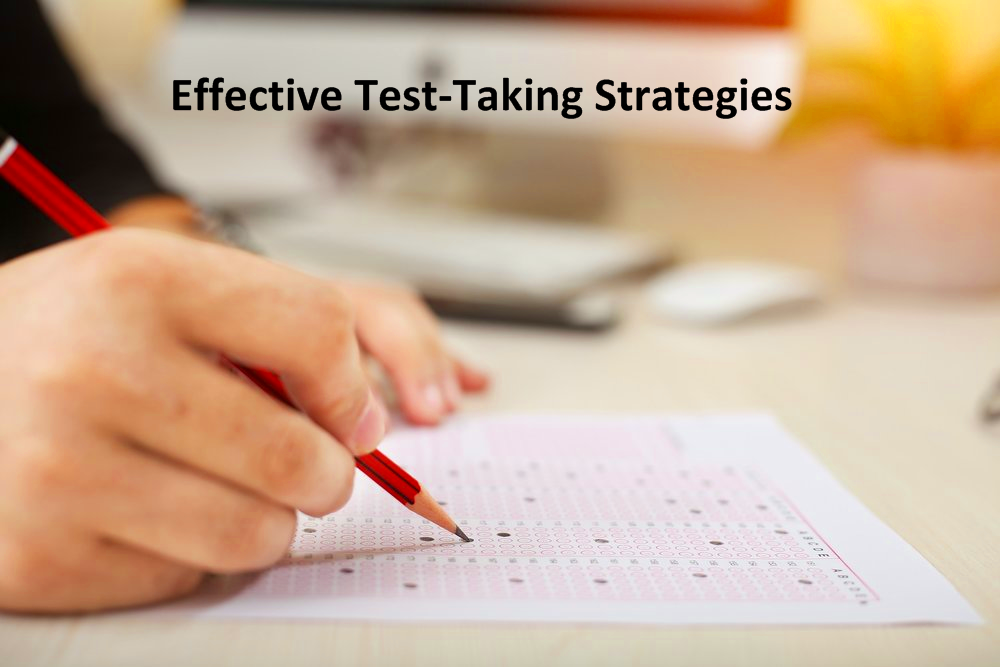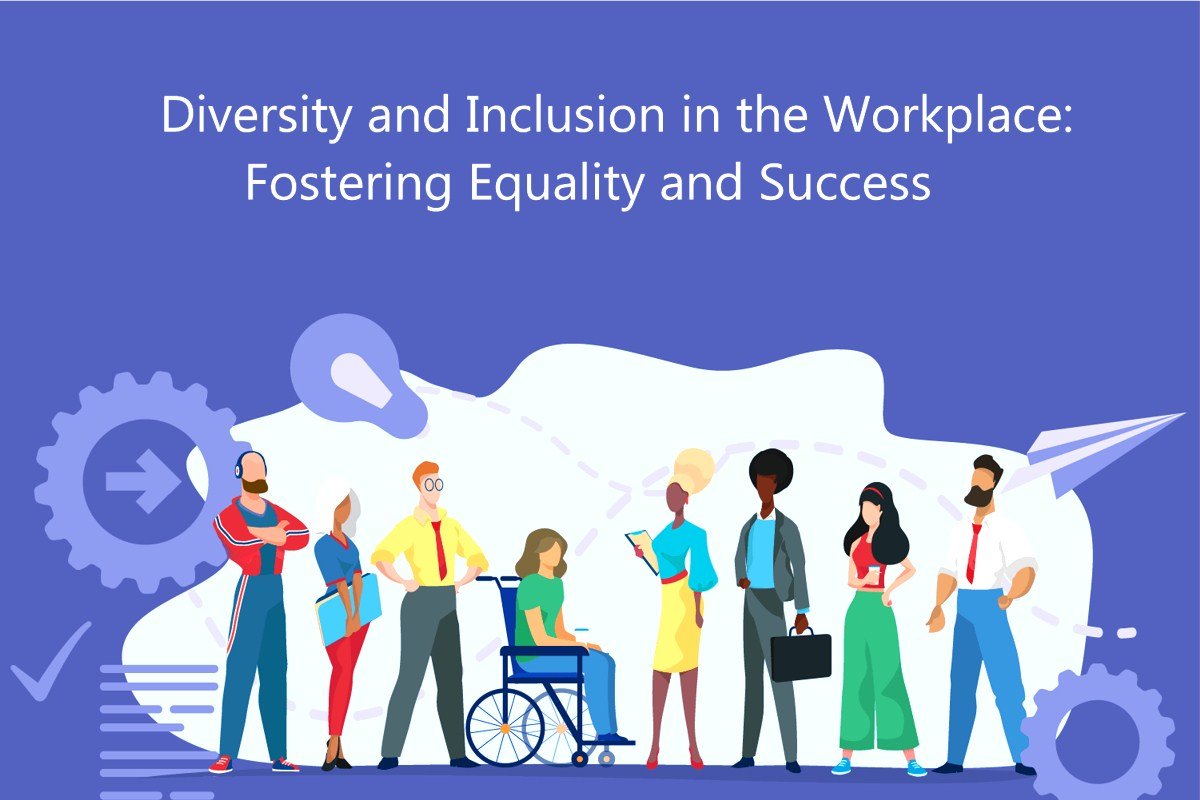The Role of Career Counselors in Shaping Future-Ready Graduates
Career counselors empower graduates for tomorrow's workforce through personalized guidance skill development and industry-aligned career planning Future-ready professionals start here.

Career counselors play a crucial role in preparing students for an increasingly complex and dynamic job market. As technological advancements, globalization, and shifting economic trends redefine industries, graduates need more than just academic qualifications to succeed. Career counselors bridge the gap between education and employment by offering personalized guidance, skill development, and strategic career planning. Their expertise ensures students are not only equipped with relevant knowledge but also possess the adaptability, emotional intelligence, and industry awareness needed to thrive in their professional lives.
In today’s competitive world, career counselors serve as mentors, helping students identify their strengths, explore diverse career paths, and make informed decisions. By fostering career readiness, they contribute to reducing unemployment rates and enhancing workforce productivity. This article explores how career counselors shape future-ready graduates by guiding them through career exploration, skill enhancement, and long-term professional success in an ever-evolving job landscape.
The Role of Career Counselors in Shaping Future-Ready Graduates
Rapid Technological Advancements Reshaping Careers
The job market is transforming at an unprecedented pace due to automation, AI, and digital disruption. Traditional roles in manufacturing, administration, and even some professional services are being phased out, while demand surges for tech-driven positions in fields like data science, cybersecurity, and renewable energy. Career counselors play a critical role in helping students identify future-proof industries and align their education with emerging opportunities. Without expert guidance, students risk pursuing outdated career paths that may become obsolete.
Expanding Career Pathways Require Informed Decision-Making
Unlike previous generations, today’s graduates face a vast array of career options, often blending multiple disciplines. A business graduate, for instance, could venture into marketing, fintech, social entrepreneurship, or AI-driven analytics. This abundance of choices can lead to decision paralysis or mismatched career selections. Career counselors mitigate this by using aptitude tests, industry mentorship programs, and labor market analytics to help students make data-driven career choices that align with their skills and market demands.
The Gig Economy and Hybrid Work Demand New Skills
The rise of freelancing, remote work, and project-based roles has redefined job stability, requiring graduates to be more adaptable than ever. Career counselors emphasize transferable skills such as digital literacy, emotional intelligence, and problem-solving that are valuable across industries. Additionally, they guide students in building personal brands, networking, and leveraging online platforms to thrive in a decentralized job market. By staying ahead of workplace trends, counselors ensure students remain agile and competitive in an unpredictable economy.
Personalized Career Planning and Student Empowerment
Tailored Career Pathing Through Individual Assessment
Career counselors employ psychometric tools like MBTI and Holland’s code to map students’ innate strengths to suitable professions. By analyzing personality traits, skillsets and interests through one-on-one sessions, they move beyond generic advice to create customized roadmaps. For example, an innovative thinker might be guided toward design fields while an analytical student toward data science, ensuring alignment between natural abilities and career choices.
Bridging Classroom to Career Through Experiential Learning
Counselors facilitate critical real-world exposure by arranging internships, job shadows, and networking events with industry partners. They provide practical support through resume workshops, mock interviews, and digital profile optimization transforming theoretical knowledge into employable skills. These experiences help students test career assumptions and build professional networks before entering the job market.
Promoting Equity in Career Opportunities
Recognizing socioeconomic disparities, counselors actively work to democratize access to career development. They identify and secure scholarships, apprenticeships, and financial aid for disadvantaged students while creating pathways to professional networks often inaccessible to first-generation graduates. This targeted support helps break cycles of inequality by ensuring career success isn’t predetermined by background.
Skill Development for Future Employability
Bridging the Skills Gap Between Academia and Industry
Career counselors identify and address mismatches between academic training and employer needs by facilitating workshops on critical soft skills (communication, teamwork) and technical competencies (digital tools, data literacy). They help students supplement degree programs with industry-recognized certifications in high-demand areas like programming or digital marketing, creating more well-rounded graduates.
Developing Human-Centric Skills for the AI Era
As automation replaces routine tasks, counselors focus on cultivating irreplaceable human skills through EQ training programs. These teach emotional regulation, conflict resolution, and adaptive thinking – preparing students to navigate complex workplace dynamics, lead diverse teams, and thrive in people-centric roles that technology cannot replicate.
Instilling a Culture of Continuous Professional Growth
Counselors combat skills obsolescence by promoting lifelong learning strategies. They curate personalized upskilling roadmaps featuring micro-credentials, online courses, and professional certifications aligned with evolving industry trends. This approach transforms students into agile professionals capable of pivoting across multiple career transitions.
Bridging the Gap Between Education and Industry
A major challenge in career readiness is the disconnect between academic institutions and industry requirements. Many graduates possess theoretical knowledge but lack practical experience, making it difficult to secure jobs. Career counselors address this gap by fostering partnerships with businesses, government agencies, and nonprofit organizations. Through internships and apprenticeships, students gain hands-on experience, making them job-ready upon graduation. Counselors also organize career fairs, where students interact with recruiters and learn about company expectations. These initiatives enhance employability while giving employers access to a skilled talent pool.
Supporting Mental Health and Career Confidence
Career uncertainty can lead to anxiety, self-doubt, and burnout among students. Career counselors provide emotional support, helping students navigate challenges with resilience. By offering counseling sessions, they address fears related to unemployment, competition, or imposter syndrome. Many students face pressure from family or society to pursue conventional careers, even if their passions lie elsewhere. Career counselors help them balance external expectations with personal aspirations, fostering career satisfaction. They also teach stress management techniques, ensuring students remain motivated during job searches.
Read More: The UK Guide to Learning Search Engine Optimization for Beginners in 2025
Conclusion
Career counselors are indispensable in equipping graduates with the tools and mindset needed to thrive in tomorrow’s workforce. By providing personalized guidance, fostering essential skills, and bridging the gap between education and industry demands, they ensure students transition smoothly from academic life to fulfilling careers. As the professional landscape continues to evolve at a rapid pace, the strategic interventions of career counselors will remain vital in preparing adaptable, confident, and competent professionals ready to tackle future challenges.
Ultimately, investing in robust career counseling programs is an investment in the future workforce. Educational institutions, policymakers, and employers must collaborate to strengthen these services, making them accessible to all students regardless of background. When graduates receive proper career guidance, society benefits from a more skilled, innovative, and resilient workforce. The transformative impact of career counselors extends far beyond individual success it shapes economies, drives progress, and creates a generation of future-ready professionals prepared to lead in an ever-changing world.
FAQs
Why are career counselors important for students?
Career counselors help students identify their strengths, explore career options, and develop skills needed for employability, ensuring informed career decisions.
How do career counselors keep up with industry trends?
They attend workshops, collaborate with industry professionals, and analyze labor market reports to provide up-to-date career advice.
Can career counselors help with job placements?
Yes, many counselors assist with resume building, interview preparation, and connecting students to internship and job opportunities.
What is the role of career counselors in mental health?
They provide emotional support, reducing career-related stress and helping students build confidence in their professional journeys.
How can students make the most of career counseling sessions?
By being open about their goals, actively participating in assessments, and following up on recommended resources and opportunities.







